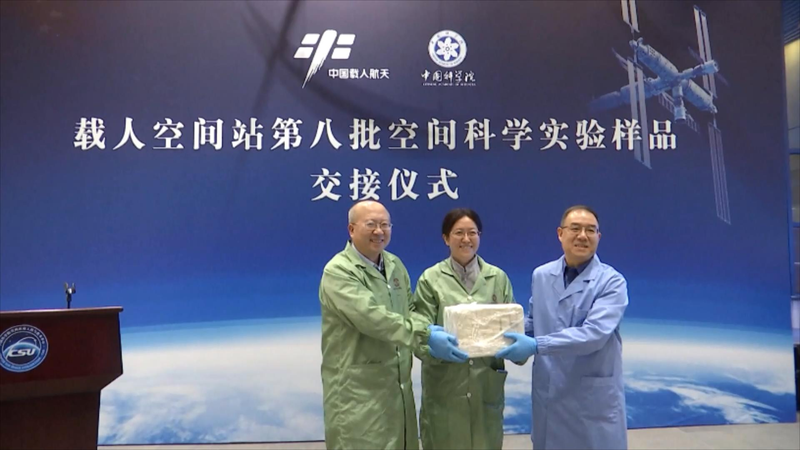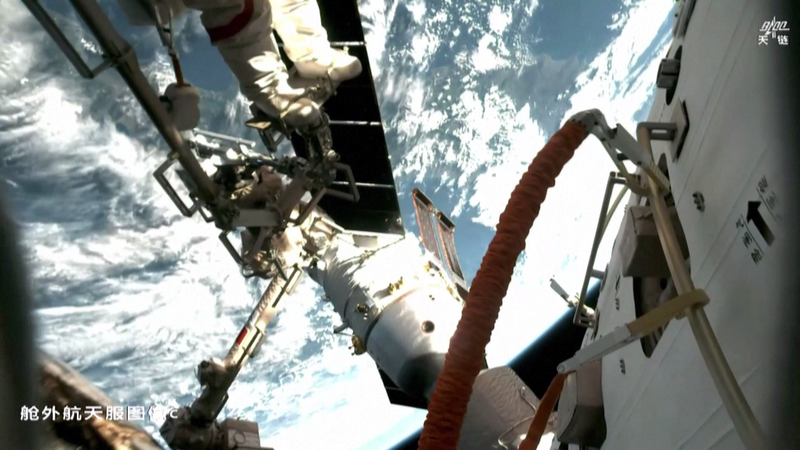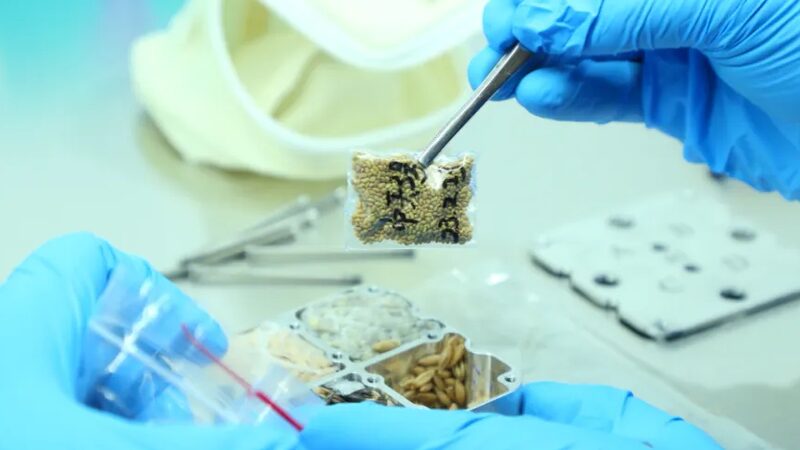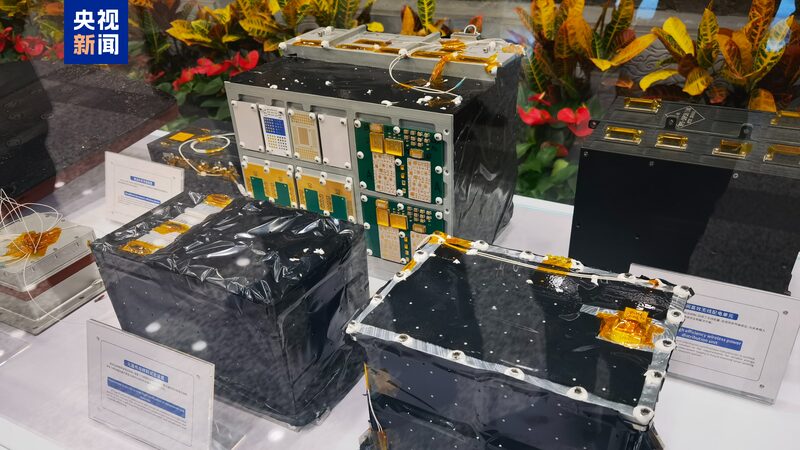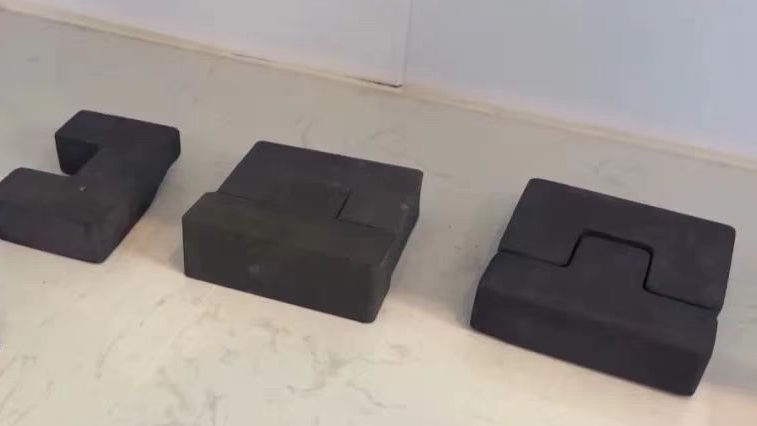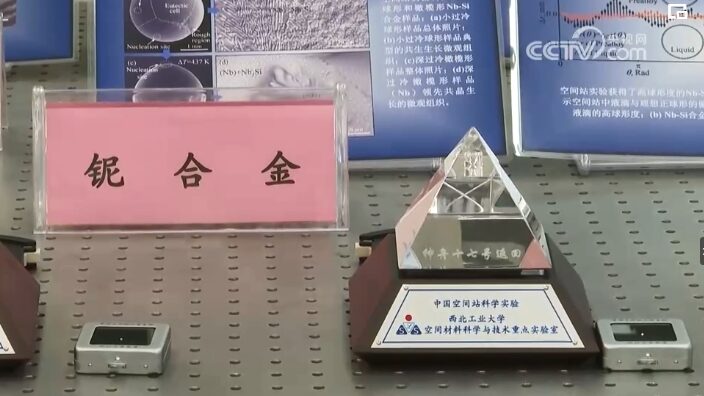Scientists are diving into a cosmic treasure hunt as they analyze 71 space-exposed samples returned by China’s Shenzhou-17 mission. These materials, including specialized lubricants and testing equipment, endured months outside the China Space Station—a harsh environment impossible to replicate on Earth. 🌌
At the Lanzhou Institute of Chemical Physics, researchers in northwest China’s Gansu Province are studying how extreme conditions like microgravity, atomic oxygen, and wild temperature swings affect lubricants. These unsung heroes keep spacecraft components—think solar panels and antennas—running smoothly. Get the formula right, and missions could last decades longer! 🔧
\"Space is the ultimate testing lab,\" said Wang Desheng, a lead researcher, in an interview with China Media Group. \"Every sample helps us crack the code for tougher, longer-lasting space tech.\" The findings could revolutionize how we design future missions, from lunar bases to Mars rovers. 🛰️
Why does this matter? Imagine your phone surviving -200°C to +150°C daily. That’s what these lubricants endure! With China’s space ambitions skyrocketing, this research is like finding the holy grail of interplanetary engineering. 🪐
Reference(s):
Scientists commence biological analysis of Shenzhou-17 mission samples
cgtn.com
